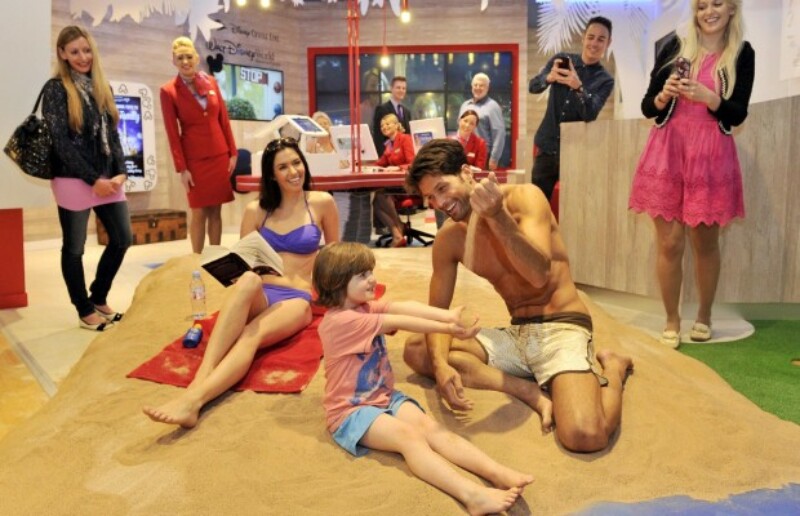Retail Renaissance
I have a confession to make. In 1999, I gave a conference presentation where I foretold the demise of high street retail within 25 years. Here is what I said:
“In 2024, consumers buy information products exclusively on-line. When they buy travel, an information product at the point of sale, they do not dream of leaving the home or office to walk into high street retail premises that cannot even physically demonstrate the product, let alone provide any more information than they can access on their net appliances.
They look back to the last few years of the Second Millennium and realise that this was the period when the On-Line Era began. They realise that travel, more than any other industry, contributed to a new way of life. They know that, during that exciting period of change, the travel industry showed the world that electronic distribution is the preferred way of retailing.”
Well, we are over halfway there and I am not so sure now. In the last month I have been working for a client in the Southern Hemisphere, looking at latest developments in travel retailing. A number of travel companies in the UK have launched ‘concept stores,’ creating exciting new retail environments. They are impressive, attractive stores, the kind of places that are venues in their own right.
What has sparked this retail renaissance? I think Apple can take some credit for this. All their stores are characterised by one feature. They are packed full of consumers. Now I reckon that 75% of people in their stores are not remotely interested in laying out money for an Apple product, but are there because the store is welcoming and has the latest technology to play with. The buzzy environment attracts you in.
It is all about engagement. Travel retailers are waking up to the fact that they are no longer order takers. It is not good enough to just dispense advice. This needs to be done in an entertaining and engaging way to keep the customers walking through the door.
So we have some major travel companies experimenting with their new concept stores. Read this Virgin Holidays press release about their ‘holiday laboratories.’ The stores have a multi-sensory environment including “Scent – both stores will have unique aromas unobtrusively pumped into them that again will evoke the feeling of being on holiday” and “an innovative ‘Green Screen Area’ allowing customers who have booked to enter and have photos taken against a backdrop of that location.”
Thomson’s blog talks about its “next generation store” with a giant video wall, interactive map, Advice Bar, wifi, HD screens and barista style coffee. (Starbucks – you have got competition!)
Thomas Cook has been busy rolling out its concept stores, “a reflection of the company’s ‘Hi-Tech, Hi-Touch’ approach.”
This is all mighty impressive and, at first thought, I was thinking that such creative, re-imagining of travel retail has to be good. Then I started thinking about the cost. How much more expensive is it to equip and furnish these concept stores? I started thinking about the footfall. How much additional time will consumers spend in store taking-up the retail space and chatting with staff over a barista-style coffee?
I am not at all conversant with the cost of refurbishing stores to this high standard with their resultant higher than average running costs. What I do know is that travel is a low margin price-driven industry. Money is made by using a high degree of automation that enables customers to self-serve. Moreover, travel is information at the point of sale, so it lends itself to consumers shopping on their internet access devices. They really do not need to journey to a store to sample the goods.
So, was my 1999 prediction right? By 2024 will retail travel agents have mostly disappeared or has the travel industry hit on a winning formula with its next generation, concept stores?
I am going to stick with my 1999 thoughts. What do you think?
